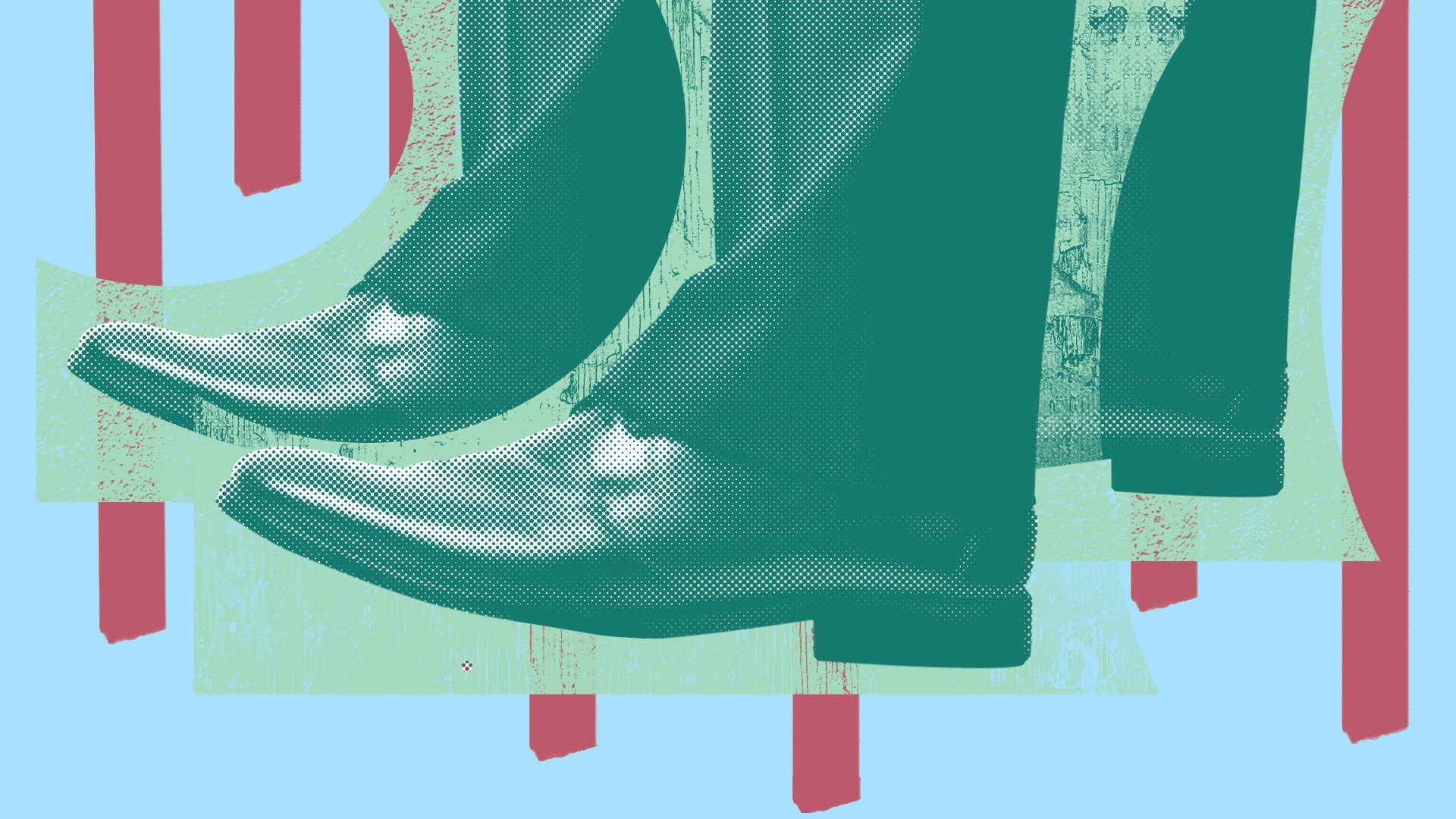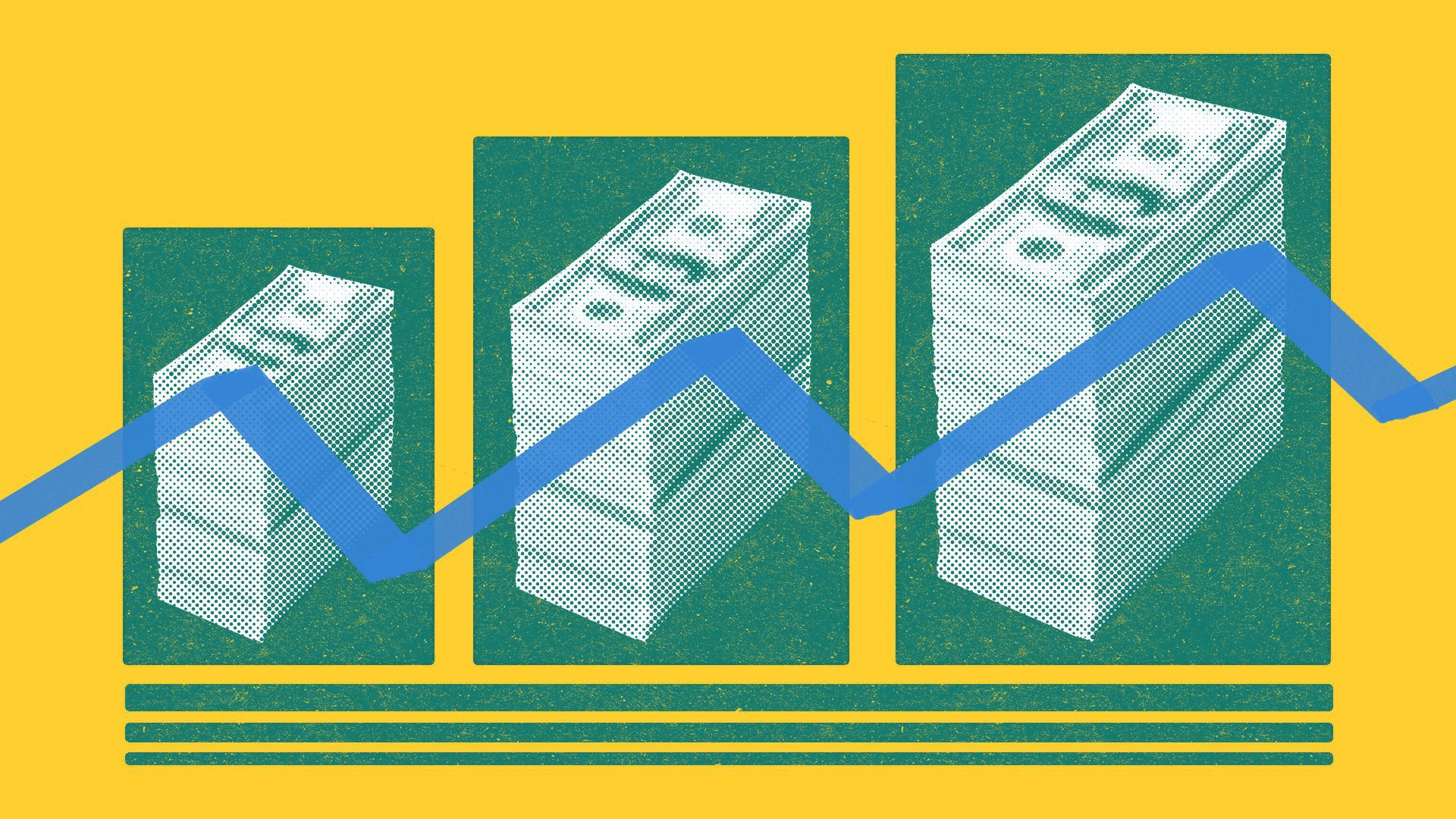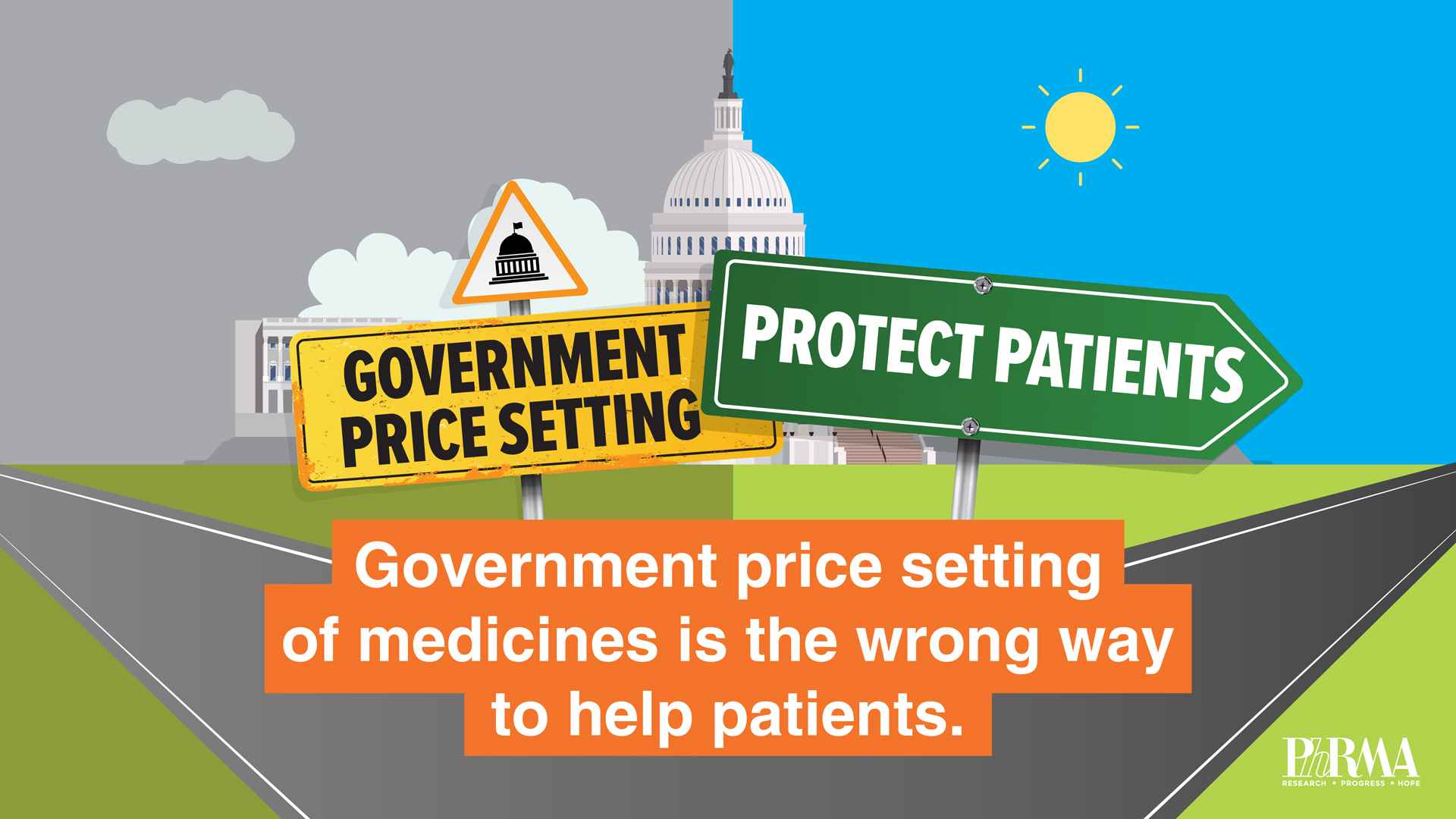| |
| |
| |
| Presented By PhRMA |
| |
| Axios Vitals |
| By Bob Herman ·Feb 25, 2022 |
| Happy Friday, Vitals readers. It's Bob Herman. Today's newsletter is 827 words, a pithy 3-minute read. 🚨 Special report: Today is my last day at Axios, so the lovely health care team here is letting me depart by taking over this bad boy and publishing a series that examines the flaws of the health coverage that 155 million Americans get through their jobs. Some nice, light reading, right? |
| |
| |
| 1 big thing: The pricey, unstable backbone of health coverage |
 Data: Centers for Medicare & Medicaid Services' Office of the Actuary; Chart: Will Chase/Axios Employer-based insurance is the backbone of the U.S. health care system — it covers a majority of Americans, and it's politically untouchable — but it's also the source of many of the things Americans hate the most about that system. - Our reliance on employer benefits can make it more difficult to change jobs. It can leave millions in a lurch when the economy goes south (like what happened at the beginning of the pandemic). And it keeps the cost of health care high.
"The big honking problem is the prices that are being paid in the commercial sector," said Mark Miller, the former head of the Medicare Payment Advisory Commission who is now at Arnold Ventures. The big picture: Employer-based health plans pay far higher prices than Medicare or Medicaid, and their costs are also rising much faster, according to federal data. Zoom in: Let's say you got a routine knee replacement surgery last year at NewYork-Presbyterian Hospital. - Empire Blue Cross Blue Shield paid the hospital about $98,000 for that procedure; Cigna paid almost $71,000; UnitedHealthcare paid $66,000.
- Medicare paid around $20,000.
The other side: Health care providers contend the rates set by Medicare and Medicaid are too low, and they need to charge employers more to make up for that deficit. But that argument just doesn't hold weight anymore. Read the rest. |
    |
| |
| |
| 2. Employers lack leverage |
 |
|
| Illustration: Aïda Amer/Axios |
| |
| The biggest customers usually have a lot of power over the markets where they're spending all that money. But not in health care. How it works: Most companies aren't big enough to get a better deal by threatening to send their workers to competing hospitals, and they certainly can't make that threat in areas where there isn't any competition. - "Big employers aren't big enough within a market to really be able to negotiate down prices, especially with the must-have providers," said Emily Gee, a health economist at the Center for American Progress and a former federal official.
- Even Amazon has found itself unable to crack the health care system.
Very few businesses have the time, attention or resources to get into the weeds of their health care contracts — especially their drug coverage, which is a whole separate set of weeds. The bottom line: "Employers have been forced to look around and assemble this hodgepodge of vendors," said François de Brantes, a senior vice president at Signify Health. - "The vast majority don't have sophisticated benefit teams."
Go deeper: |
    |
| |
| |
| 3. Workers have to pay more |
 |
|
| Illustration: Brendan Lynch/Axios |
| |
| Because employers have found it so difficult to reduce their health care costs, they've repeatedly resorted to putting more of those costs on workers' shoulders. - By the numbers: The average single worker's deductible has tripled since 2006, and 30% of all companies now have annual deductibles of $2,000 or more, according to the Kaiser Family Foundation.
The workers who face the highest out-of-pocket medical costs are those who don't get health insurance through their jobs at all. - That's most common in industries like food service, retail and hospitality — which disproportionately employ Black and Hispanic workers.
Read the rest. |
    |
| |
| |
| A message from PhRMA |
| Patients need affordable medicines |
| |
 |
| |
| Government price-setting threatens patient access to medicines and innovation. Instead, let's cap out-of-pocket costs and stop middlemen from pocketing discounts. Learn more about how these proposals have potentially devastating consequences for patients. |
| |
| |
| 4. Why this system persists |
 Data: Congressional Budget Office; Chart: Thomas Oide/Axios The tax break for employers to provide health insurance to their workers is the single biggest tax break in the U.S. - So the idea of moving away from this system is usually met with widespread outrage from both corporations and organized labor, not to mention the health care industry — which is more than enough blowback to leave the status quo in place.
By the numbers: Employer-paid health insurance premiums are exempt from income and payroll taxes. That costs the federal government $329 billion in lost tax revenue in 2021, according to the Treasury Department. Read the rest. |
    |
| |
| |
| 5. No way out |
 |
|
| Illustration: Aïda Amer/Axios |
| |
| Employers support reforming how workplace health care is paid for and covered, but various coalitions don't agree on the details or how significant changes would actually be. What they're saying: "None of us are going to say that this is a perfect system. There's a lot of frustration," said Jim Klein, CEO of the American Benefits Council, a lobbying group that advocates for corporate health benefits. - "But compared to any alternatives, this system has earned a lot of trust."
The big picture: For more than a decade, employers have rallied around "value-based care" — a vague term associated with tying payments to the quality of the health services provided instead of the volume of their services. The bottom line: If employers want to come out of the pandemic with an improved system of covering care for their workers, experts say they'll have to look beyond small-bore projects that haven't tipped the scales. Go deeper: Workers change health plans more than ever |
    |
| |
| |
| A message from PhRMA |
| Health care should help patients |
| |
 |
| |
| Government price-setting won't stop insurers from shifting the cost of medicines to patients while they pocket the savings. Instead, let's cap out-of-pocket costs and make insurance work for you. Learn more about how these proposals have potentially devastating consequences for patients. |
| |
| Never waste an opportunity to thank those who make you better: A big thanks to David Nather, Caitlin Owens, Sam Baker, Tina Reed and Adriel Bettelheim for all of their edits, shared bylines and health care jokes over the years. Keep reading them — I still will! And thanks to you all for reading these stories and giving your candid thoughts. Editor's note: The second story in yesterday's Vitals was updated to reflect the specific case rates of COVID and removed references to CDC categorization of their transmission levels. A previous version of this story said the majority of states were seeing "moderate" levels of transmission. |
 | Bring the strength of Smart Brevity® to your team — more effective communications, powered by Axios HQ. | | |










No comments:
Post a Comment